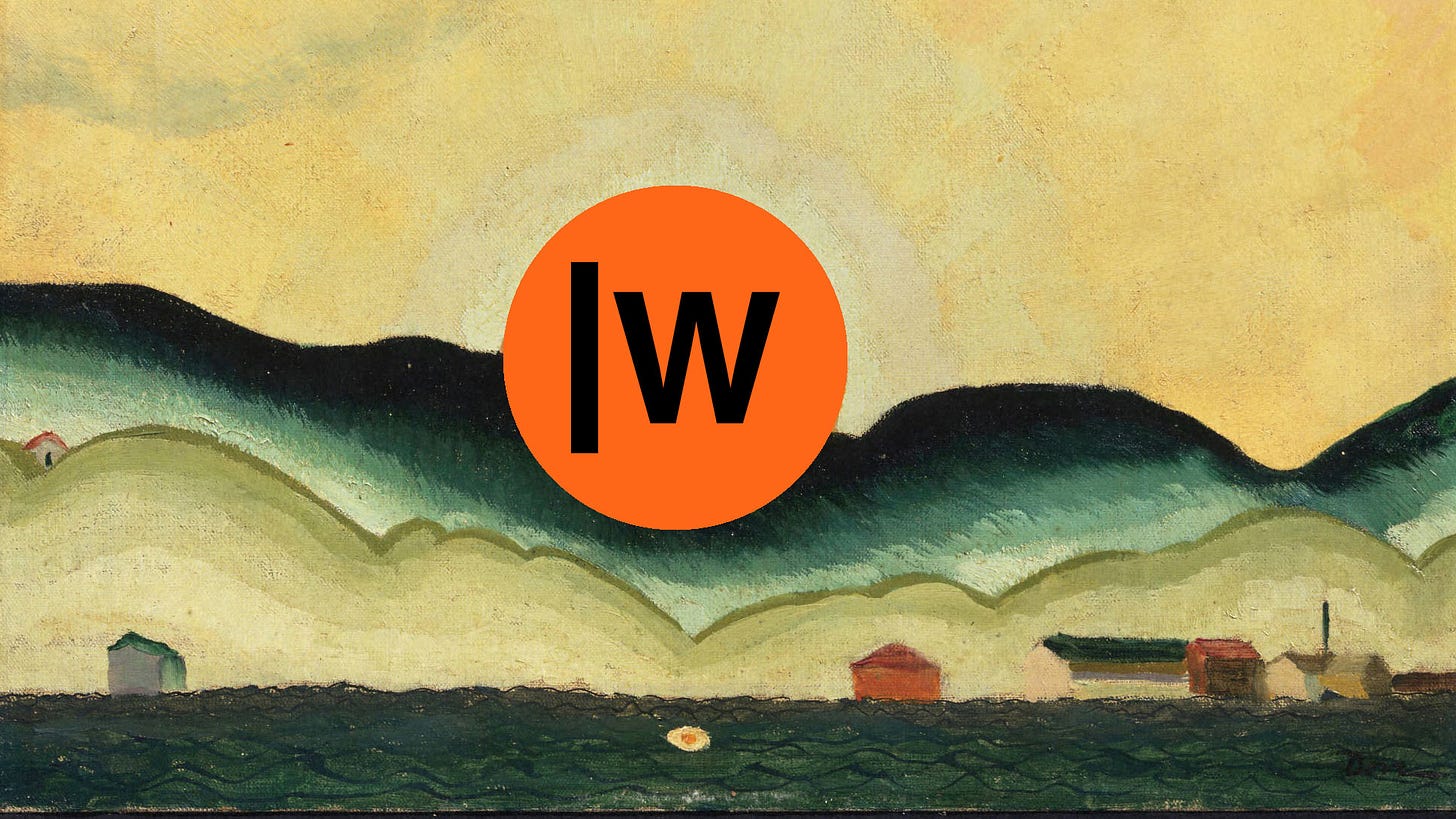What is Wisdom of Crowds?
Wisdom of Crowds is an ideas collective and debate platform founded by Shadi Hamid and Damir Marusic.
We publish podcasts and essays about the first principles at stake in politics and culture.
We take today’s issues and debates and boil them down to their core ideas and assumptions.
We look to publish work that is honest and vulnerable.
Our Mission
Our goal is not to win arguments or convince you that we’re right (we may not be). Our goal is to understand why people — even “bad” people — believe what they believe. Most of our political debates ignore this step and instead only brush the surface. Yet our differences are both legitimate and deeply felt. We shouldn’t hide them in the interest of “consensus,” “civility,” or a common identity that no longer exists.
We are against consensus. Polarization isn’t necessarily bad. Agreement is nice. But disagreement is better. And we mean that.
Some Background
Wisdom of Crowds began as a podcast. Since 2019, we have hosted discussions with guests as varied as the political theorist Francis Fukuyama, conservative commentator Ross Douthat, novelist and journalist Tara Isabella Burton, investigative journalist Glenn Greenwald, moral philosopher Martha Nussbaum, Internet historian Katherine Dee, Templeton Award-winning philosopher Charles Taylor, and National Book Award-winning novelist, Phil Klay.
Today, we have expanded beyond podcasting to include essays, debates, and a weekly newsletter about ideas called CrowdSource (every Monday morning in your inbox!).
Join the Crowd!
If any of this sounds interesting to you, we’d love for you to join us as members of the community. Paid subscriptions are for $5/month or $50/year. We know that isn’t nothing. But as we scale up and introduce more features, your support will make a huge difference.



